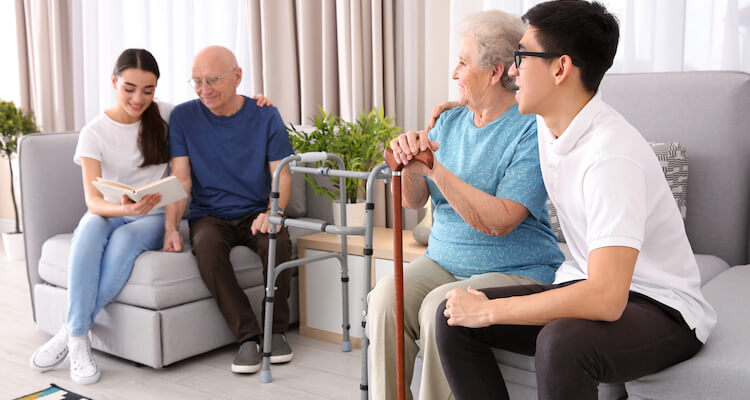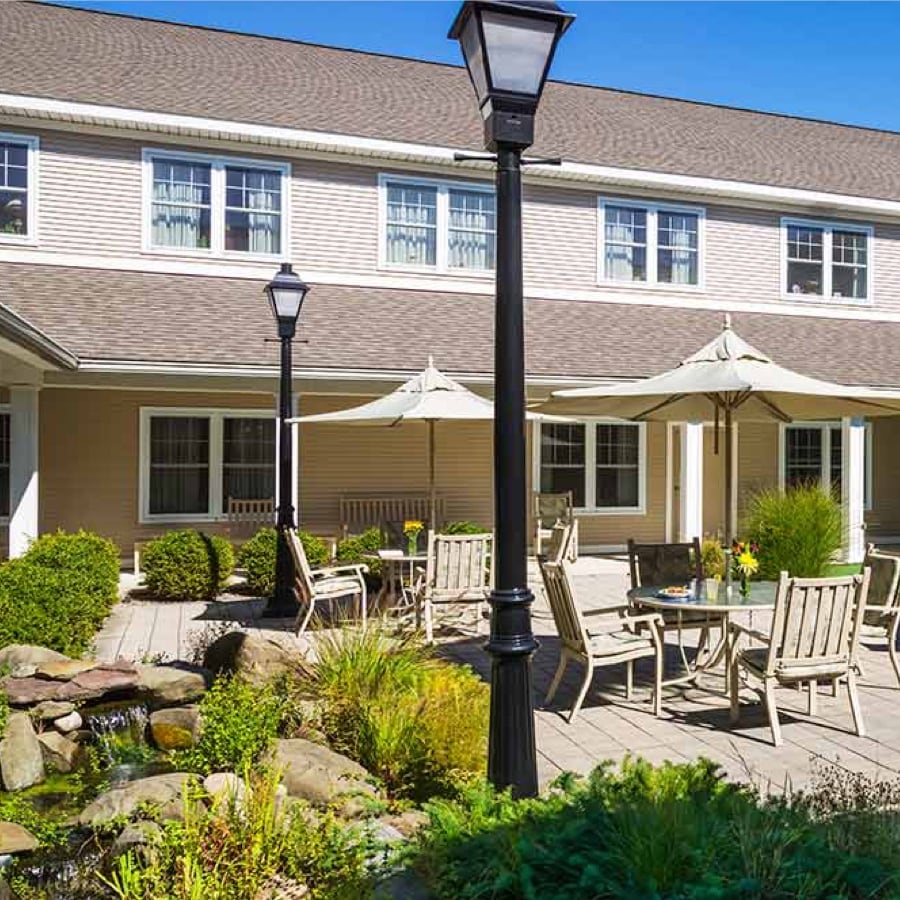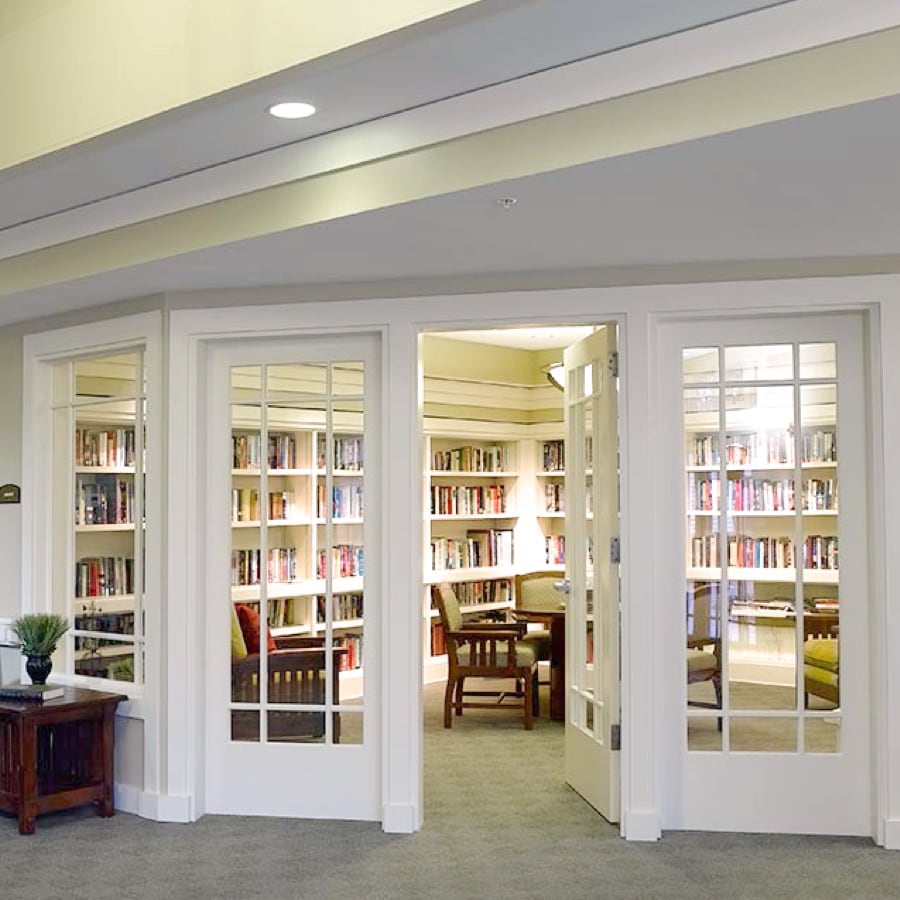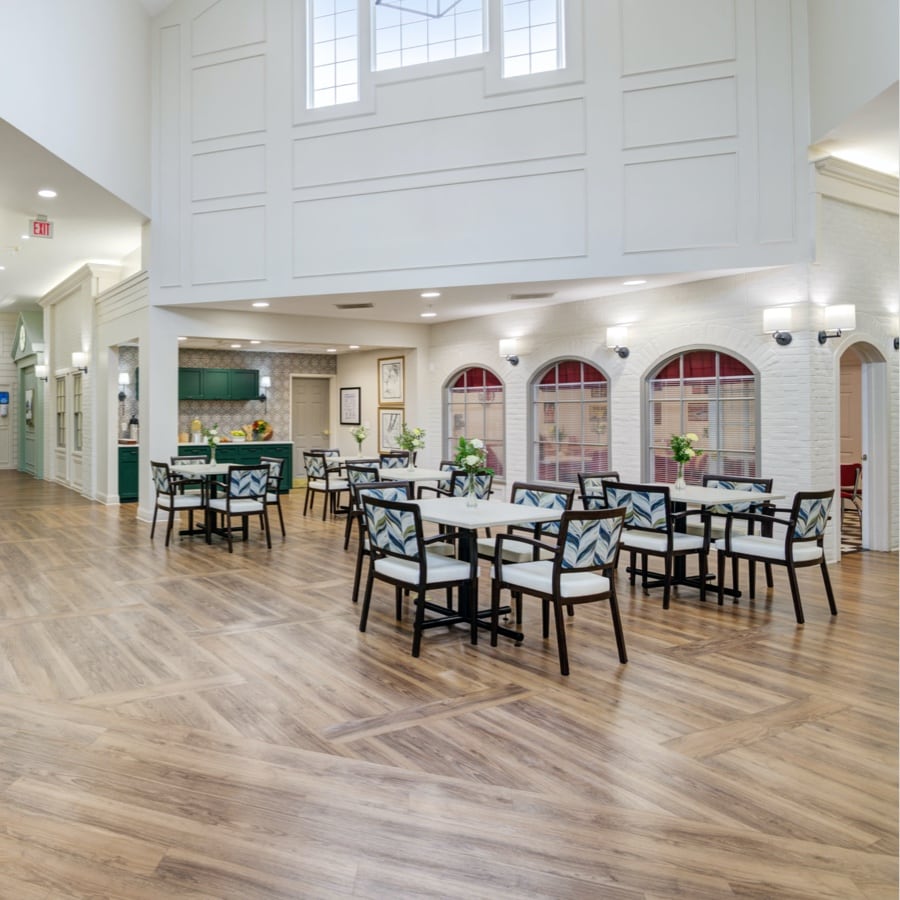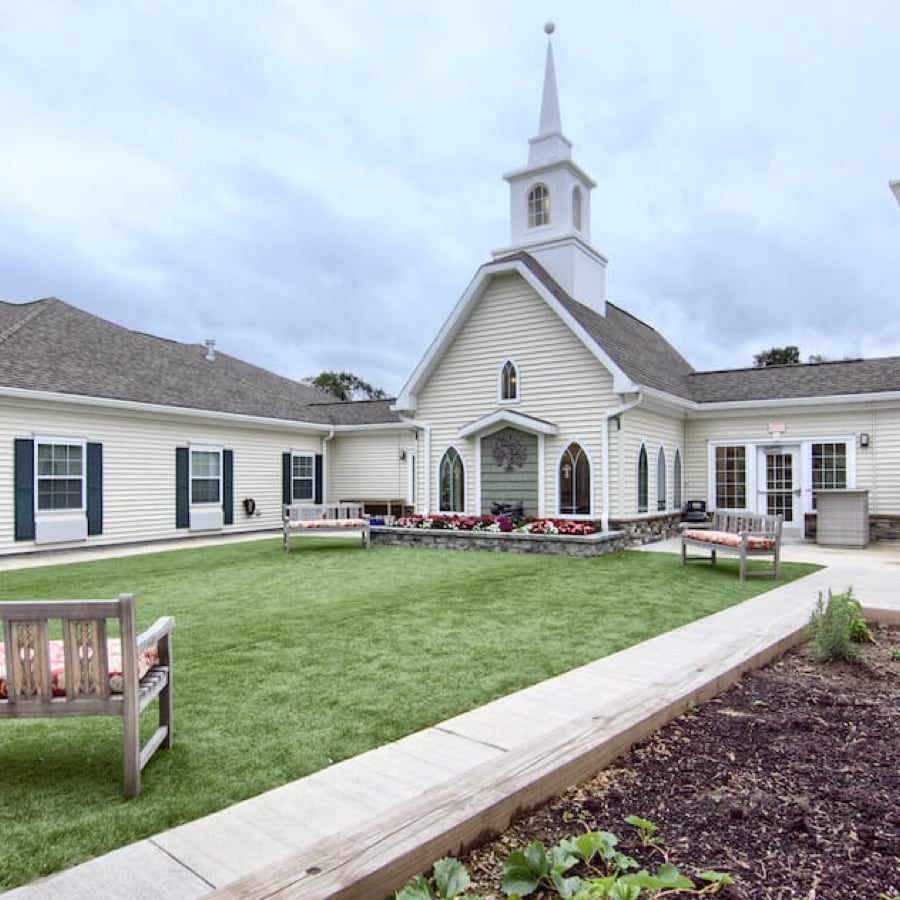Staying independent as you age is a top priority. But did you know some of the decisions you make every day could be putting you at risk of a fall? According to the CDC, one out of every four older adults falls each year, and falling once doubles your chances of it happening a second time.
Luckily, there are ways to prevent falls, avoid injuries and stay as active as possible well into your retirement years. By following the fall prevention tips for seniors outlined in this article, you can reduce the risk of falling and avoid potentially serious injuries.
What You Need to Know About Falls in Seniors
While everyone is at risk of an accidental fall, there are many conditions that contribute to falls, specifically in seniors. These risk factors can increase the likelihood of a major fall or injury and should be taken into consideration to help prevent more serious issues:
- Lack of lower body strength
- Vitamin D deficiency
- Issues with balance
- Certain prescriptions, including sedatives, anti-depressants and some over-the-counter medicines
- Vision problems
- Dangerous living environments
The CDC states that one out of every five falls causes a serious injury, such as broken bones, fractures and head injuries. These injuries, especially if left untreated, can lead to challenges with living alone, getting around and could cause more falls in the future.
While this all sounds a little scary, the most important thing to remember is that senior falls can be prevented!
The Top 5 Fall Prevention Tips for Seniors
It’s scary to think about the possibility of experiencing a fall, but there are some very simple things you can do to stay mobile and maintain your active lifestyle.
- Eliminate Clutter and Remove Tripping Hazards
The easiest way to prevent falls is to keep living areas neat, tidy and clutter-free. Keep walkways clean, remove unnecessary or bulky furniture, don’t leave loose cords on the floor, tack down rugs and add railings where it makes sense. - Consider One-Level Living
Stairs pose a great risk for seniors. Carrying laundry up and down steps, navigating steps at night to visit the bathroom or trying to catch the delivery man can all present significant falling hazards. One-level living eliminates the risk and makes living alone a little easier. - Engage in Physical Activity
Meet with your doctor and discuss any concerns you have about potential falls. With your doctor’s supervision, you can integrate low-impact workouts into your fitness routine to help with coordination, balance and lower body strength. Some good options include walking, yoga, water workouts or tai chi. - Wear Sensible Shoes
High heels, flip-flops, slippers and sandals might be more your taste, but they don’t offer the support you need to prevent falls. Especially in adverse weather, wearing practical shoes can prevent falls from ice or puddles that you may not see when walking. - Use an Assistive Device
Handrails, canes, walkers, grab bars and non-slip treads are all assistive devices that can be used within the home to prevent falls or injuries. Ask your doctor for help deciding what is right for you. Some options are fairly simple investments that can help you stay independent for as long as possible.
The thought of falling is scary. But by being smart and taking action to prevent falls, you will be able to stay healthy, active and independent for as long as possible.
Outstanding Care, Support and Compassion at Peregrine Senior Living
When the burden of living alone becomes a little too much, Peregrine Senior Living is here to support your needs. With a variety of memory-focused services and amenities, Peregrine Senior Living provides all the comforts of home with the added benefit of full-time support and caregiving. Schedule a tour of one of our senior communities and experience The Peregrine Way™ for yourself.

